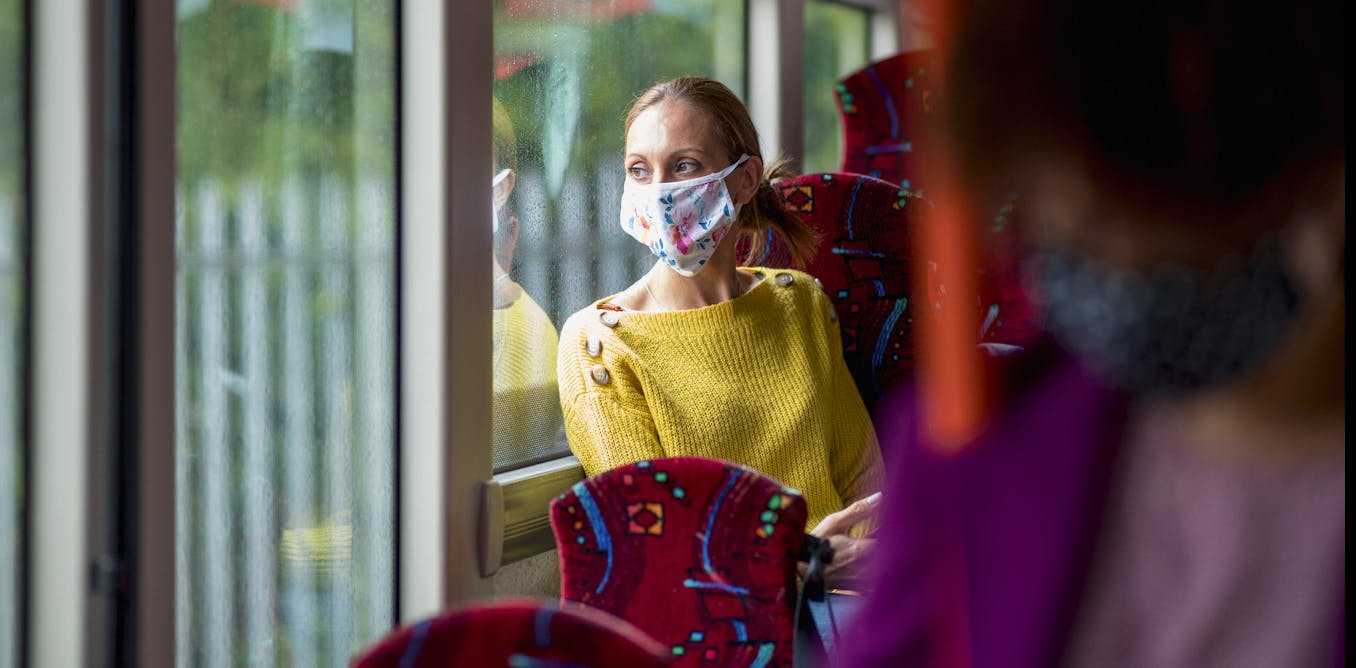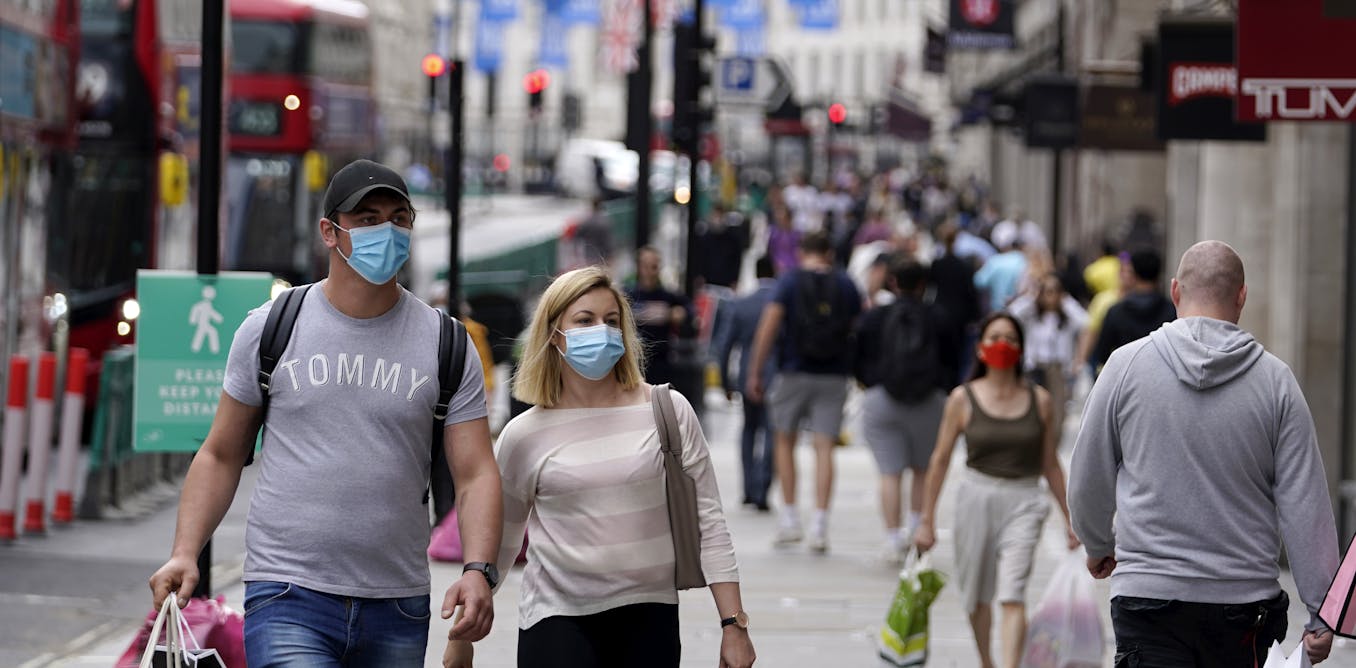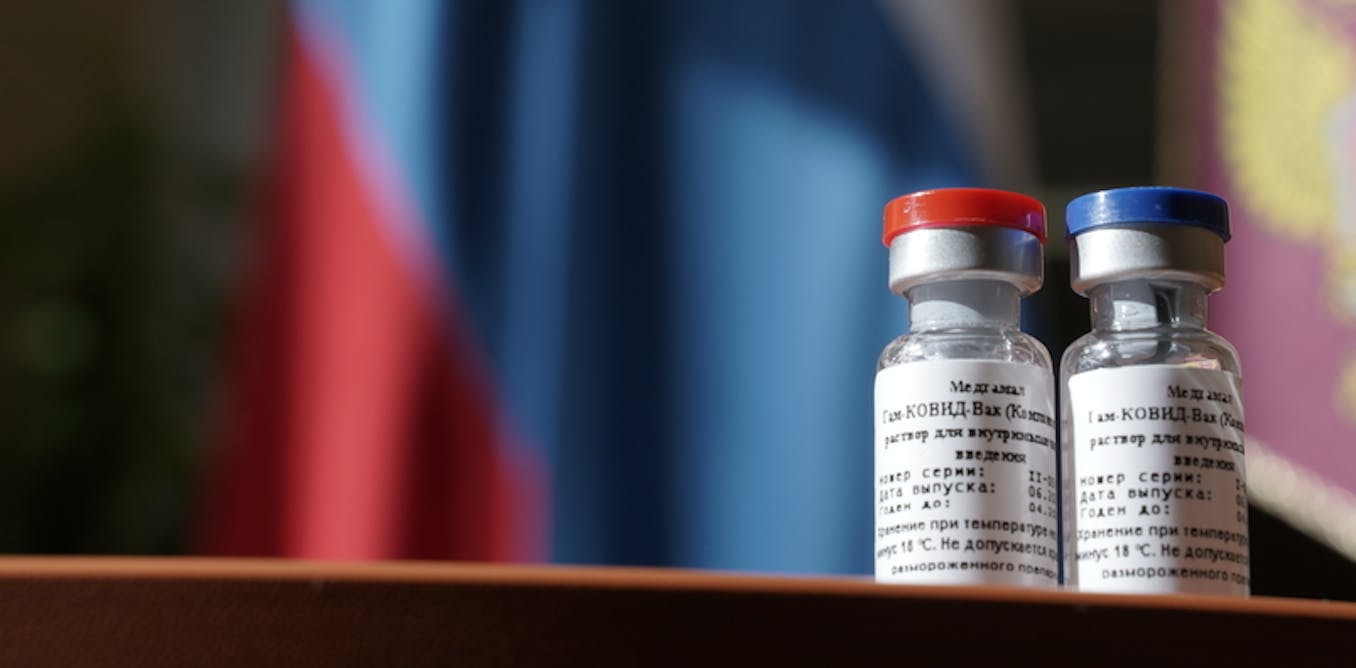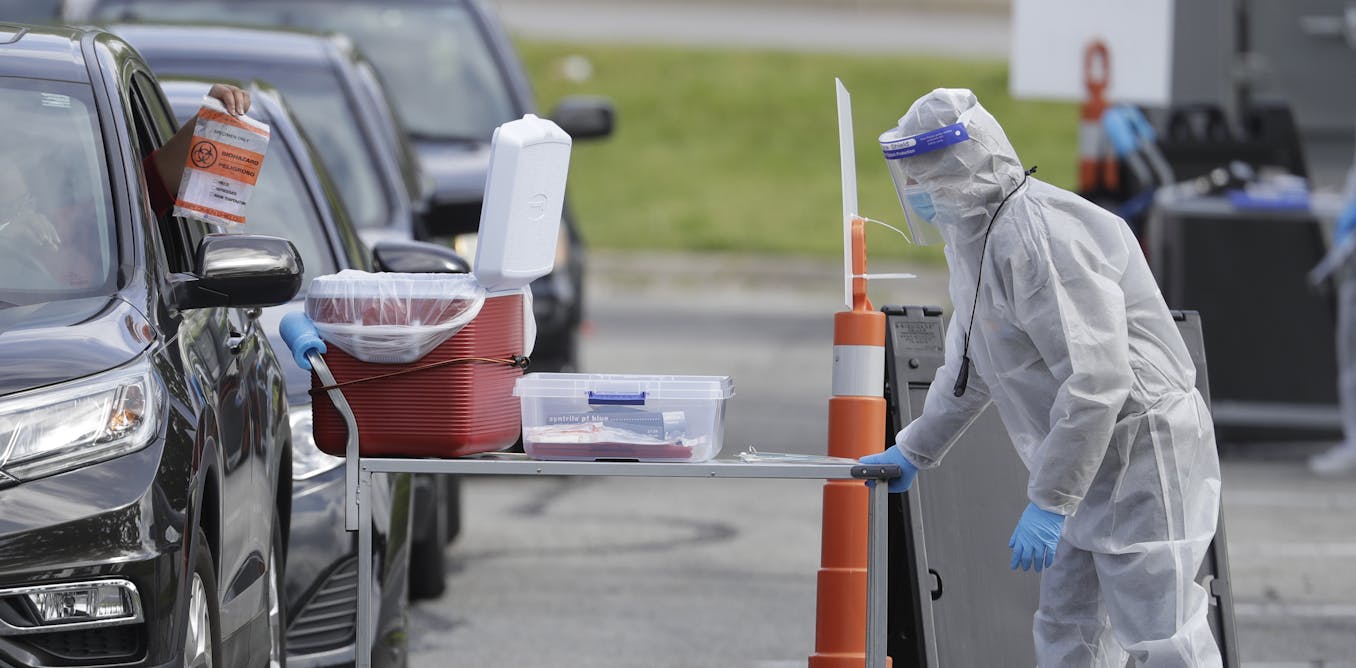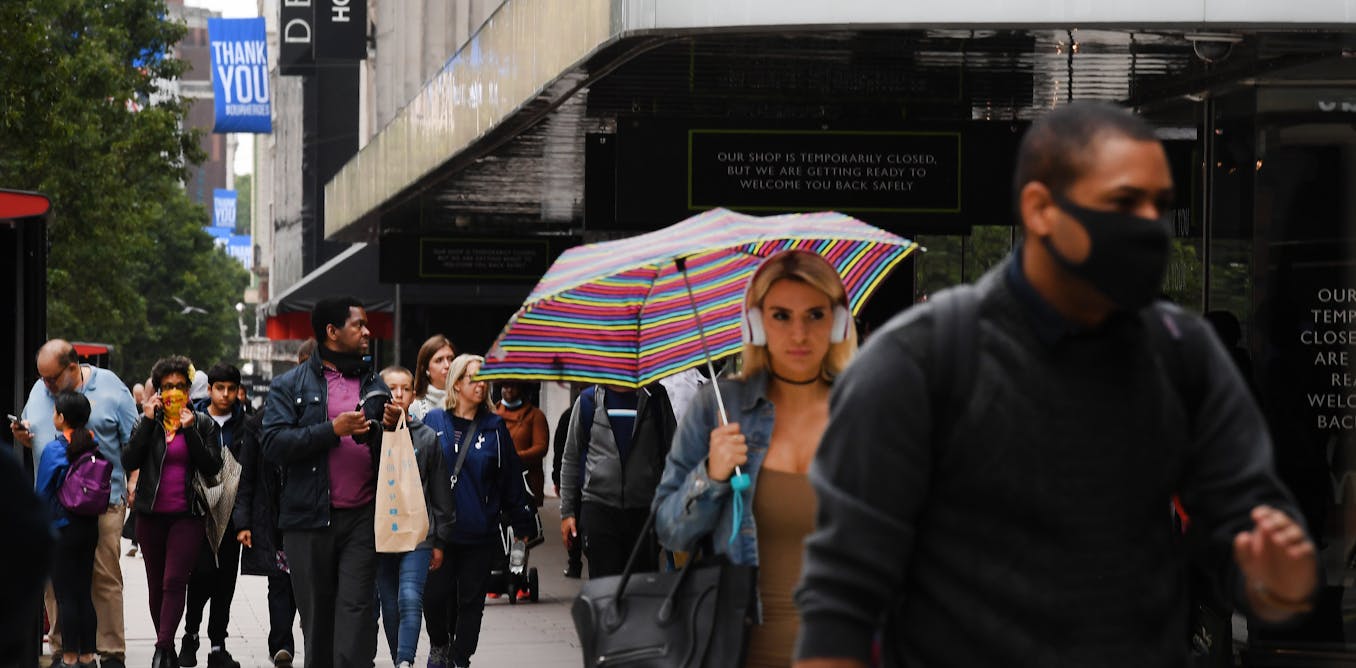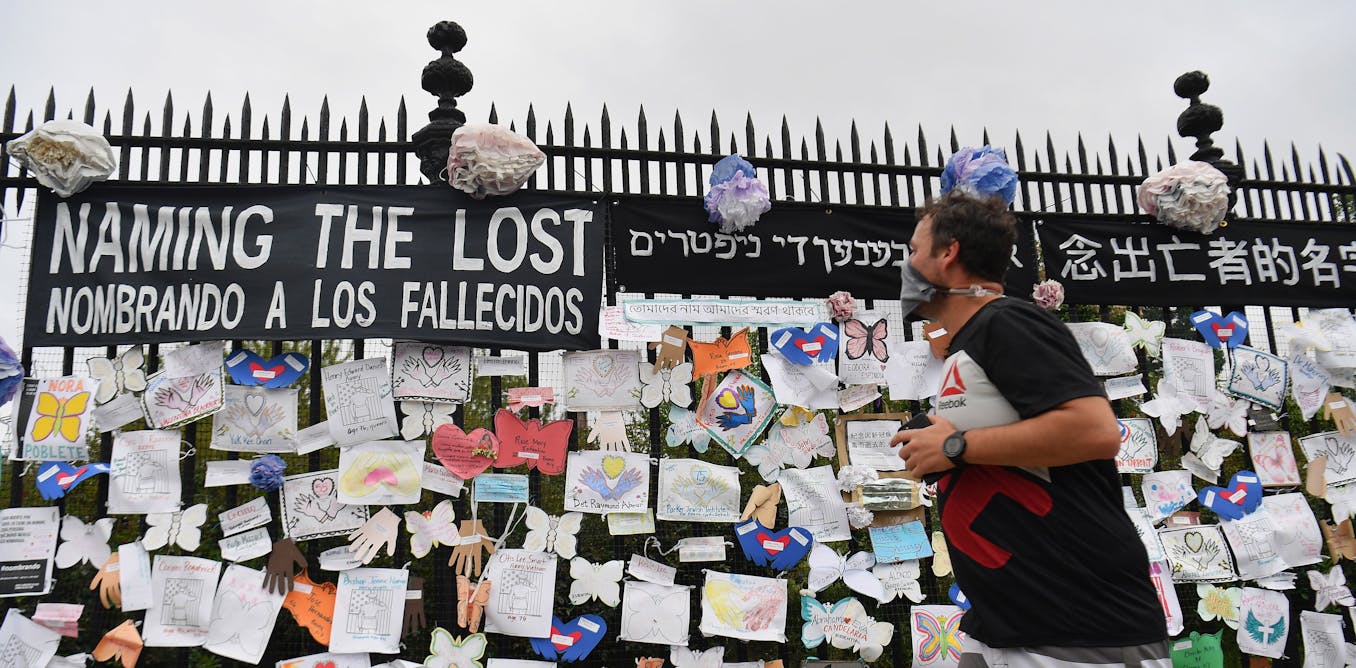COVID-19: how many infections could returning university students cause?
If nothing is done to reduce university-based Covid-19 infections, each infected student is likely to infect one other person in their household during the winter holidays.
Nov. 18, 2020 • ~7 min


